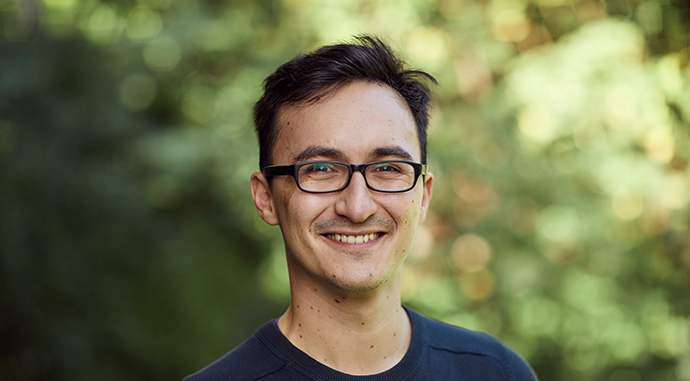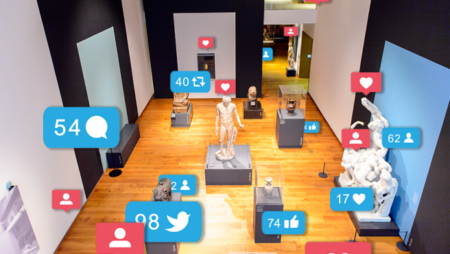About
Dr Chico Camargo is a research associate at the Oxford Internet Institute, and at St Benet’s Hall, University of Oxford. His research interests cover the intersection of computational social science, complex systems, data science, cultural evolution, cultural sociology, and information theory.
Previously, he was a Postdoctoral Researcher in Data Science at the OII, developing and applying new computational and quantitative methods for the social sciences, focusing on the dynamics of public opinion, political volatility, agenda setting and human mobility, and on the analysis of large-scale datasets.
Chico graduated with a BSc from the University of São Paulo, as part of the Molecular Sciences Programme, and later worked in mathematical modelling in biology at the Wolfson Centre for Mathematical Biology, and at the Department of Zoology, University of Oxford. He then moved to a PhD (DPhil) in systems biology, also at Oxford, as a Clarendon Scholar in Brasenose College. In his PhD research, he used tools from complex systems and machine learning to investigate the physical principles that rule biological evolution.
You might also find Chico writing for Huffpost Brasil or for The Conversation, or making videos at BláBláLogia, an award-winning Portuguese-speaking science channel on YouTube, which is also a part of Science Vlogs Brasil.
Research Interests
Computational social science, social data science, applications of machine learning, natural language processing (NLP), public opinion dynamics, complex systems, collective behaviour, cultural evolution, digital humanities, algorithmic information theory.












